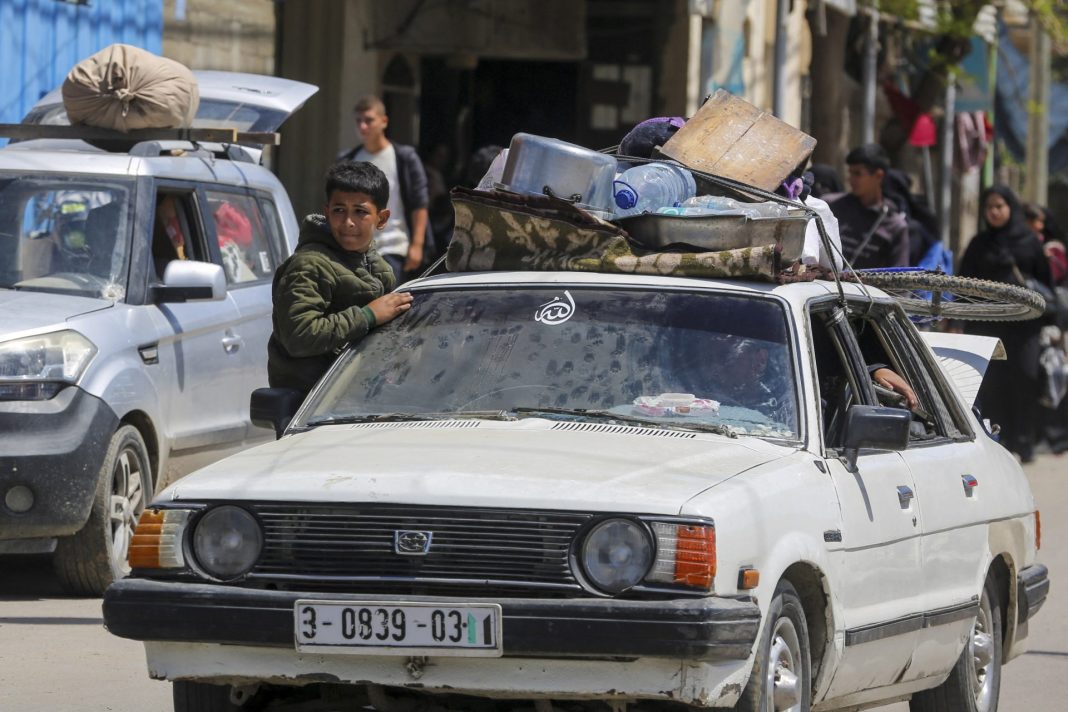Cameron told the BBC Sunday that ending arms sales to Israel would “make Hamas stronger and it would make a hostage deal less likely”.
The UK last came under pressure to end weapon sales to Israel when three British citizens were killed during an attack on an aid convoy in Gaza in April.
Cameron stated, “a few days later there was a brutal attack by Iran on Israel.”
He added he is instead focused on “hammering away every day” on getting humanitarian aid into Gaza, as well as “what can we do to maximise the British pressure and the outcome that will help people in their lives – including getting the hostages, including British nationals, released”.
Cameron’s position differs to that of US President Joe Biden, who threatened to halt weapon deliveries to Israel if there is a full-scale Rafah invasion.
Earlier this week, the United States paused a shipment of bombs to Israel amid concerns over their potential use in a Rafah incursion.
Cameron argued that Washington “is in a totally different position” to the UK since the US is “a massive state supplier of weaponry”, while the UK supplies only 1% of Israel’s weapons.
More than 35,000 Palestinians, most of them women and children, have been killed in Gaza since an Oct. 7, 2023 attack by Hamas. Vast swathes of Gaza lay in ruins besides causing internal displacement, hunger and disease.
So far, Israel is said to have carried out a limited operation around Rafah, taking control of the Palestinian side of the border crossing, a crucial entry point for aid into Gaza.
Israel is also accused of genocide at the International Court of Justice, which in January said it is “plausible” that Tel Aviv is committing genocide in Gaza, ordering it to stop such acts and take measures to guarantee that humanitarian assistance is provided to civilians in Gaza.
South Africa on Friday asked the ICJ to order Israel to withdraw from Rafah as part of additional emergency measures over the war.
